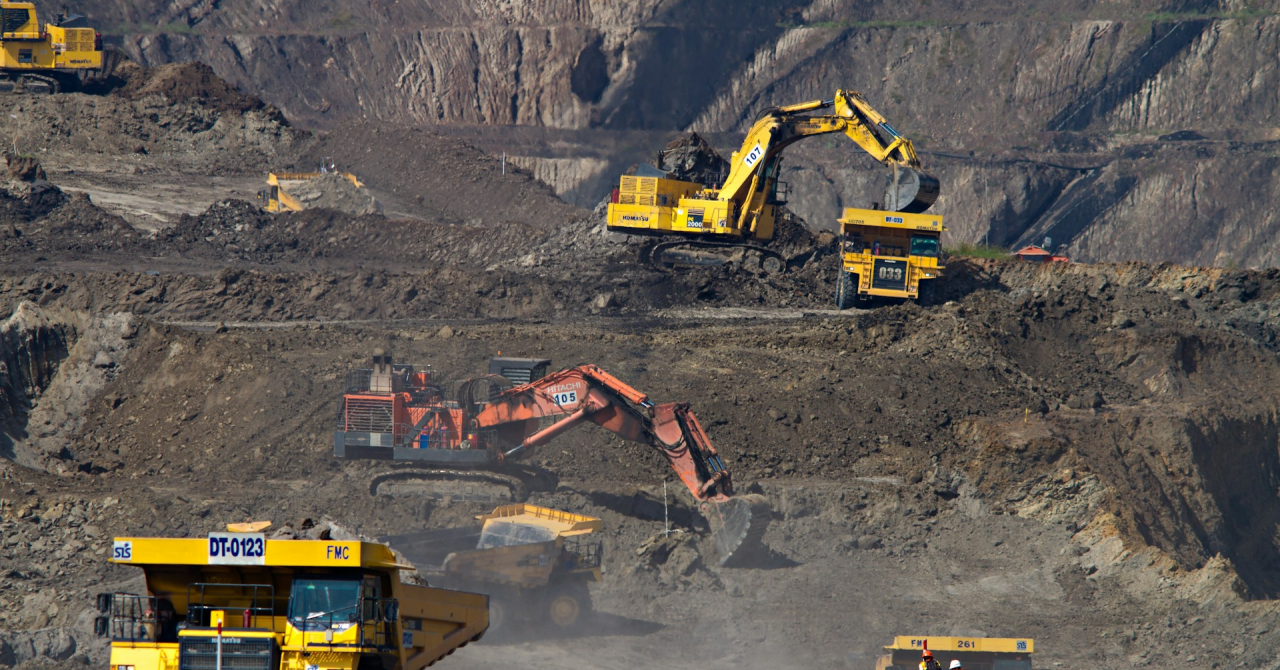ESG Today writes that the new reporting standards were released by GRI following increasing demand from stakeholders for more transparency on how mining activities impact the environment and what could be the sustainable approaches in this industry.
Carol Adams, Chair of GRI’s Global Sustainability Standards Board (GSSB) said that "from a sustainability standpoint, the position of mining is complex, in that it is both part of the solution and the problem. The low-carbon transition cannot be realized without key minerals that the sector provides – yet mining operations can have deep and damaging impacts on both nature and people."
Called GRI 14: Mining Sector 2024, the new reporting standard marks the fourth in a series planned by experts at the GRI. The first reporting standard from the organization was published back in 2021 and it covered the gas and oil sector, being followed by agriculture, aquaculture and fishing in 2022.
Overall, the GRI aims to standardize reporting for 40 sectors, with a priority on those that have the biggest negative impact on the planet and the population.
"We need detailed, consistent and globally comparable reporting on the most significant impacts of mining companies, which this new GRI Standard will deliver. Importantly, it will help mining organizations to improve how they communicate with key stakeholders on the issues that matter most to build trust with communities", Adams added.
Experts at the GRI say that the most recent standard for the mining industry was created with the help of an independent group of stakeholders working across multiple industries, as well as investors, labor groups and representatives of the civil society.
 Mihai - Cristian Ioniță
Mihai - Cristian Ioniță












Any thoughts?